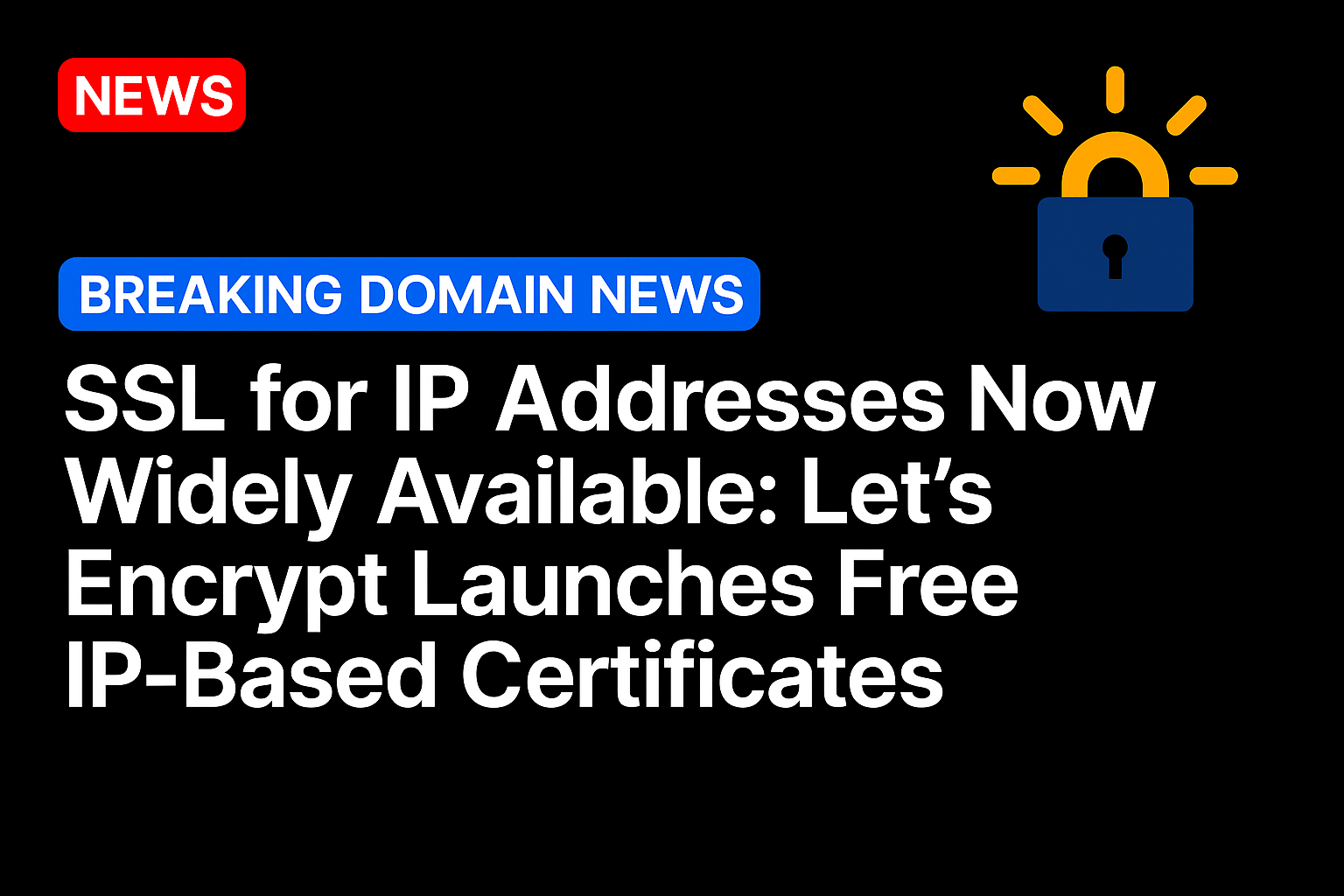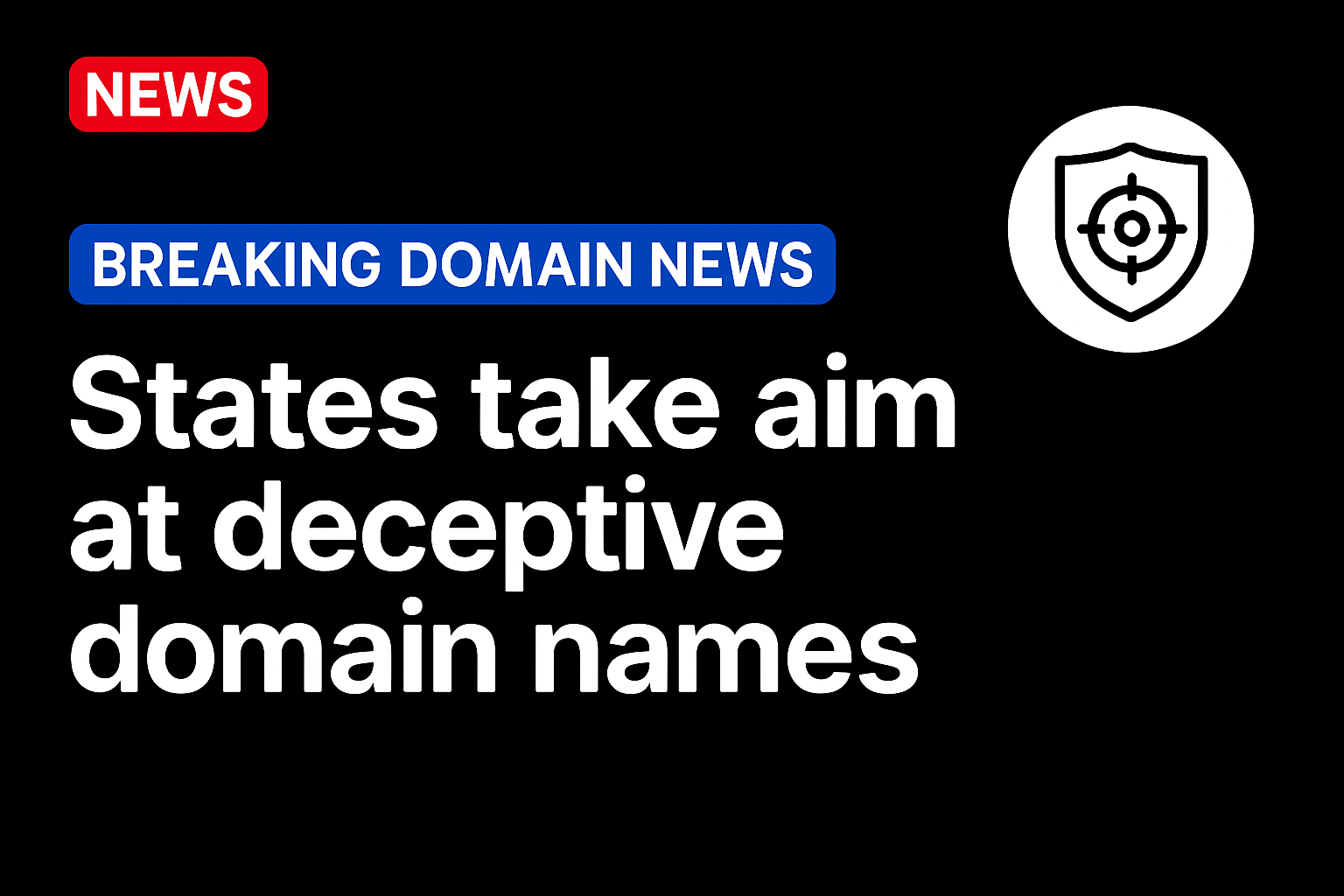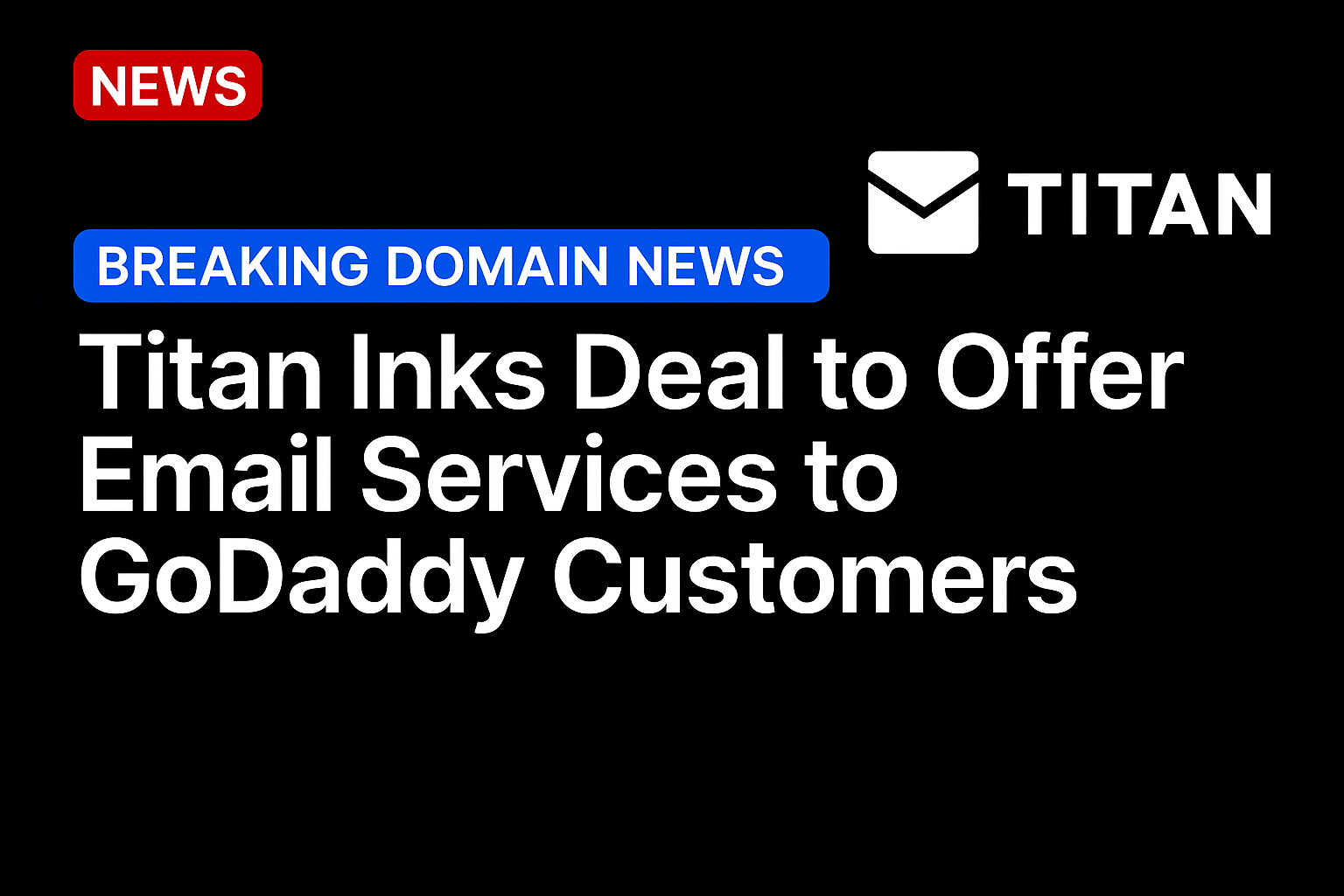Let’s Encrypt has begun issuing publicly trusted SSL/TLS certificates directly for IP addresses, marking a major shift in web security by offering this long-requested feature for free Let’s EncryptAlternativeTo.
🔐 What’s New
- IP Address Certificates Issued
Let’s Encrypt recently issued its first IP-based certificate in staging, with a production rollout expected later in 2025, alongside its new six-day short-lived SSL profile Wikipedia+12Let’s Encrypt+12Cyber Security News+12. - Short-Lived, Secure by Design
All IP-based certs will be valid for only six days, reducing exposure in case of key compromise. They can only be obtained via the http‑01 or tls‑alpn‑01 ACME challenges, not DNS validation Spartech Software+7Cyber Security News+7Let’s Encrypt+7.
🌐 Why It Matters
- Direct Access for IP-Only Services
Ideal for services without domain names—like internal tools, IoT devices, development environments, or servers accessed via direct IP—this feature brings the same level of HTTPS encryption previously exclusive to named domains Let’s EncryptCyber Security News. - Automated & Secure Management
The ultra-short renewal cycle encourages automation, lowers the risk of certificate misuse, and follows modern best practices in TLS lifecycle management RunSSLAlternativeTo+3Let’s Encrypt+3Cyber Security News+3.
⚙️ How It Works
- Requesting: Use a compatible ACME client to request a certificate for an IP, triggering one of the allowed challenge types.
- Validation: Let’s Encrypt confirms control over the IP via http‑01 or tls‑alpn‑01—DNS challenges aren’t applicable Stack Overflow+5Let’s Encrypt+5Let’s Encrypt+5.
- Issuance: Once validated, the six‑day certificate is issued. Renewal before expiry is essential due to short validity.
✅ Best Uses & Considerations
| Use Case | Feasible? | Notes |
|---|---|---|
| Public-facing service on IP | Yes | Great for devices or lightweight APIs |
| Internal network tools | Yes | Automatable with public IP exposure |
| Shared/private IP addresses | No | Only valid for dedicated public IPs |
| Browsers & client compatibility | Yes/Varies | Modern browsers OK; older ones may flag |
- IPs must be public and under your ownership—private/reserved IPs aren’t supported Let’s EncryptWikipedia+2Free SSL Certificates+2Cyber Security News+2Let’s EncryptDNSBox.io+2Https.in+2Free SSL Certificates+2.
- You’ll need ACME tooling that fully supports the short-lived profile and correct challenge setup Let’s Encrypt+3Cyber Security News+3AlternativeTo+3.
📌 Bottom Line
Let’s Encrypt’s rollout of IP-address SSL certificates with short-lived lifespans is a breakthrough—extending free, trusted HTTPS to services without domain names. This move promotes secure, automated practices for modern web infrastructure. If you’re running a service directly on an IP, now you can secure it just as easily as if it had a domain.





